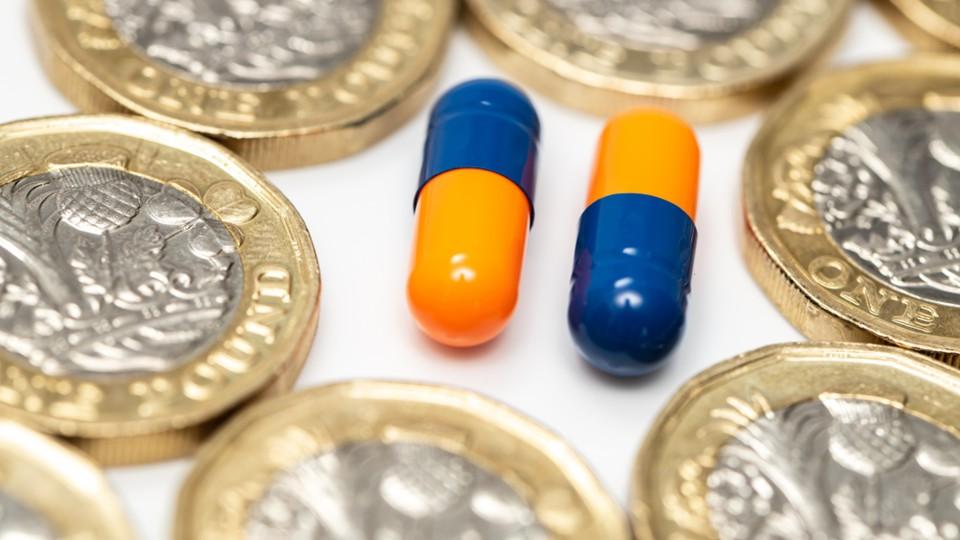Government must rethink drug rationing plans - experts

The government looks set to come under pressure to rethink moves to ration access to medicines, after a new plan from NICE and NHS England was criticised by industry representatives and other experts at a conference on rare diseases.
Delegates at the conference in London, organised by rare disease specialist Shire, heard that the UK already lags behind other major European countries when it comes to access for orphan drugs, and is often slower to reimburse them.
Figures from Martina Garau, principal economist at the Office of Health Economics (OHE), which is part-owned by the Association of the British Pharmaceutical Industry trade body, showed that Germany reimburses 133 (93%) of the 143 orphan drugs currently approved in Europe.
The OHE information further stated that the German healthcare system also reimburses the medicines immediately under arrangements in its AMNOG system.
In contrast England reimburses just under 68 (48%) of the EU-approved drugs and takes, on average, 27.6 months before deciding to reimburse them.
In Scotland, which has a dedicated ring-fenced fund for rare disease medicines, 55 (38.5%) of approved orphan drugs are funded, although the Scottish Medicines Consortium is generally faster at making decisions, on average within 22.6 months of approval.
The situation is even worse in Wales, where only 32.9% of orphan drugs are reimbursed, on average 29.3 months after approval.
Industry representatives at the conference said that in England, new proposals from NICE would do nothing to improve availability of rare disease drugs.
Under a joint plan with NHS England, signed off by NICE’s board on Wednesday 15 March, there will be a cost-effectiveness threshold for drugs for very rare diseases.
Based on NICE’s Quality Adjusted Life Year (QALY) methodology, drugs for very rare diseases will get automatic funding if they cost less than £100,000 per QALY.
But using a weighting system based on the number of QALYs gained, NICE can give greater leeway, with medicines offering more than 30 years of quality life to a patient having a QALY threshold of £300,000.
NICE and NHS England have also included a budget impact clause applying to any new drug, which will force manufacturers to negotiate again on price if the health service spends more than £20 million on a medicine within any of the first three years on the market.
Sebastian Stachowiak, Head of UK and Ireland Country Cluster and General Manager, Shire UK, said: “Worryingly, it is highly unlikely that any medicine for very rare conditions will qualify for the £300,000 per QALY threshold.
“At a time when the UK is seeking greater investment from the global pharmaceutical industry, this is a damaging step. Instead of implementing these proposals, NHS England and NICE should look to create an equitable system to appraise orphan medicines, which currently have no appropriate reimbursement route.”
Christine Lavery, chief executive of the MPS Society, representing patients with mucopolysaccharidoses, a group of very rare genetic disorders, called on those concerned to make a “timely response” to the plan signed off by NICE.
She said: “It could be the end of treatments for these rare diseases for the foreseeable future.”













